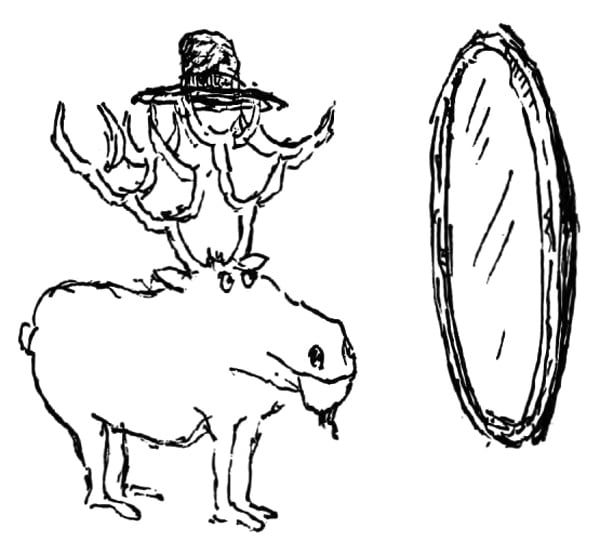
Then there is the fact that it is difficult. I got quite a good degree, a long time ago admittedly, in classics and philosophy, and thought I could understand Plato’s Theaetetus and Wittgenstein’s Tractatus and other showily difficult texts. But string theory? Or the structure of DNA? I can’t pick up a first-year undergraduate text book and understand a word of it. It has often been said that the last time when a reasonably intelligent lay person could envisage what the particle physicists were talking about was in the days of Niels Bohr. I can understand Fermat’s Last Theorem, but I have about as much chance of understanding Wiles’s solution to it as I do of running faster than Usain Bolt. This is the other side of the priesthood phenomenon: the mysteries are indeed pretty mysterious, and we lay congregations are willing to say that only the holy man can understand them. Nobel laureates are our new cardinals. —“Science and the Arts Need Not Be Strangers,” William Waldegrave, Times Online
Proposal: $500 million gigantic space gun could launch half-ton (almost) payloads;
Maldives hold cabinet meeting underwater;
Mark Twain hated Jane Austen
The word “polymath” teeters somewhere between Leonardo da Vinci and Stephen Fry. Embracing both one of history’s great intellects and a brainy actor, writer, director and TV personality, it is at once presumptuous and banal. [Carl] Djerassi doesn’t want much to do with it. “Nowadays people that are called polymaths are dabblers—are dabblers in many different areas,” he says. “I aspire to be an intellectual polygamist. And I deliberately use that metaphor to provoke with its sexual allusion and to point out the real difference to me between polygamy and promiscuity.” —“The Last Days of the Polymath,” Edward Carr, More Intelligent Life (via)
I was captivated that one person could do so much. George Plimpton, longtime editor of the Paris Review, was the consummate amateur. He would throw himself in the ring with the pros (once literally into the ring, with a light heavyweight boxing champ), handle himself with unmatched poise and enthusiasm even while being occasionally humiliated, and then write about it. So naming an asteroid after him seemed perfect. —“Naming the Sky: The true story of one man’s quest to give George Plimpton a permanent presence in orbit,” Samuel Arbesman, The Boston Globe


